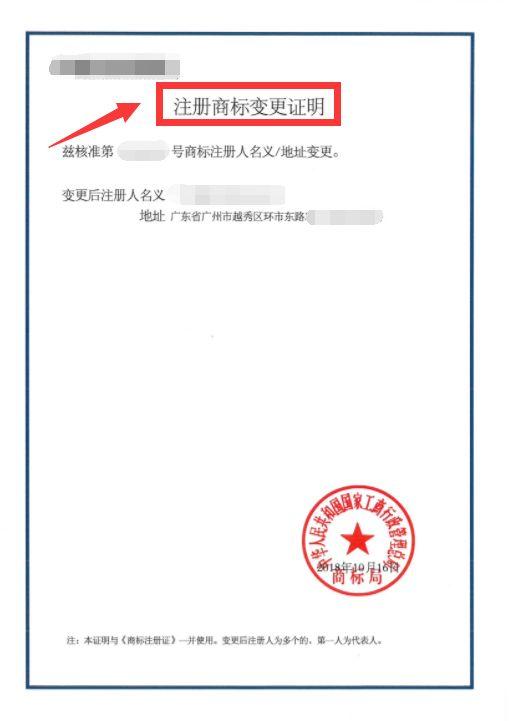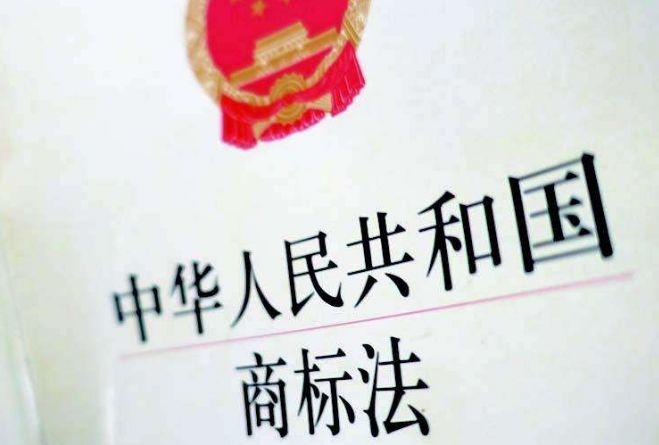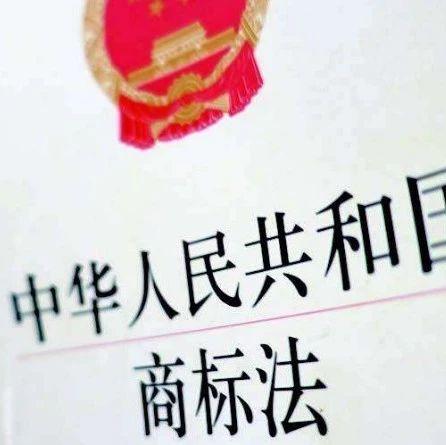Most of trademark applicants have a wrong knowledge that they can manage trademark randomly after registration, which is a severe misunderstanding. So how to protect your own trademark right after obtaining the registration certificate?

1
Registered trademark is a mark for distinguishing
Clause 2 in Article 49 of Trademark Law of the People’s Republic of China states that
Where a registered trademark has not been used for a period greater than three years without any justifiable reasons, any organization or individual may request that the Trademark Office make a decision to cancel such registered trademark.
The basic nature of trademark application is to distinguish the commodities and services among business activities in market. To avoid being canceled, businessmen should put the trademark into use as much as possible and keep evidences with printed date when using trademark, such as:
-
Production contract,
-
Processing contract,
-
Manifest and package of product.

Some countries or regions also requires applicants to use the trademarks after registration, such as:
-
Papua New Guinea,
-
Swaziland, India,
-
Philippines,
-
Canada
-
the United State.
2
Registered trademark is not allowed to be changed randomly after registration
Clause 1 in Article 49 of Trademark Law of the People’s Republic of China states that
A trademark registrant alters a registered trademark without approval, the name, address, or other matters concerning the registrant without approval, the local commercial and industrial administration shall order it to rectify the situation by a specified time;
If they still fail to rectify during the specified time period, the Trademark Office shall cancel the registered trademark.
According to trademark rule, we need to ensure the consistency between mark of registered trademark and the mark in evidences. The mark can be resized based on same proportion but partial letters, characters or patterns can not be changed. It is a ubiquitous rule in some countries or regions.
3
Registered trademark information need to be changed in time when there is any changes
Article 41 of Trademark Law of the People’s Republic of China states that
After the registration of a trademark, the name, address, or other matters pertaining to the registrant change, an application regarding the change shall be filed.
According to the trademark rules, if the name, address of company or personal ID number were changed, applicants should submit application regarding changes as soon as possible. It is a ubiquitous rule in some countries or regions.

4
Application of record is required when authorize others to use the trademark
Clause 3 in Article 43 of Trademark Law of the People’s Republic of China states that
A party is licensed to use another party’s registered trademark, the licensor shall submit the trademark license to the Trademark Office for its records.
According to the trademark rules, trademark registrants can sign trademark licensing contract to authorize another person to use the registered trademark. Two parties should conduct carefully and cooperate friendly with each other to submit the application of trademark licensing.
5
Re-registration is required for adding the using scopes of trademark
We shall comply with the Nice Agreement Concerning the International Classification of Goods and Services for the Purposes of the Registration of Marks, submitting application based on different goods and services specified in the trademark rules.

Instead of printing and pasting the trademark mark directly if registered trademark is to add the using scopes of other classification of goods and services, re-registration application need to be submitted for approval. It is a ubiquitous rule in some countries or regions.

